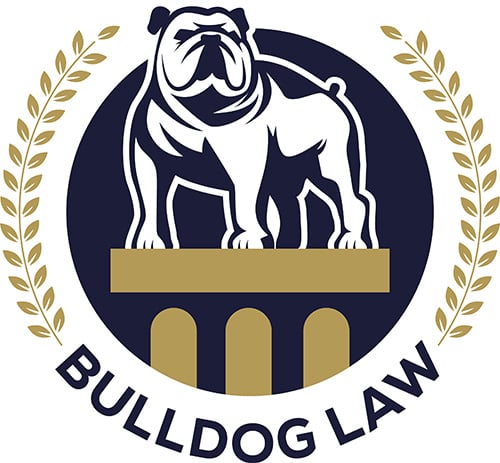Undercover police officers are sometimes used to infiltrate criminal organizations and gather evidence. For example, the police may think that a group of people are selling illegal drugs. An undercover officer may try to infiltrate that group in order to get direct evidence of this criminal activity before breaking up the drug ring.
But people sometimes say that an undercover arrest was illegal because it was entrapment. Essentially, the police tricked them into committing crimes and then arrested them for it, and they don’t believe that that was fair or just. Is undercover work an example of entrapment?
The key difference
It is certainly possible for an undercover police officer to be guilty of entrapment. But there is a major difference between the two, and it should not be assumed that they are the same.
The key is that entrapment is when an officer influences someone to commit a crime that they “otherwise would not have committed.” They weren’t going to break the law, but the officer came along and manipulated them to do so or incentivized them to do so, and then immediately arrested them when they did. That would be unfair because the police officer is essentially just creating a crime so that they can then make an arrest for that crime.
However, perhaps someone was going to sell drugs either way. If they sold them to an undercover officer, that’s not entrapment. The officer didn’t make them sell the drugs, but simply was the recipient.
These lines can get a bit blurry. The police may claim that a person was going to violate the law and they just had an undercover officer in the right place at the right time. That person may claim that they never planned to break the law and that the officer made them do it prior to the arrest. It’s important for all involved to understand their legal options in a complicated situation like this.


